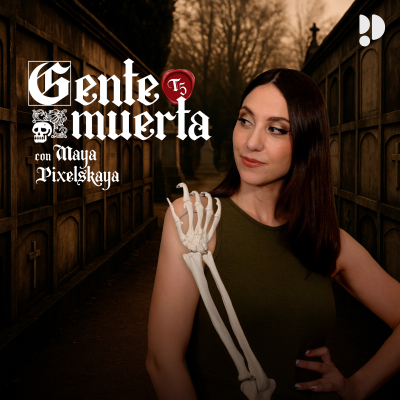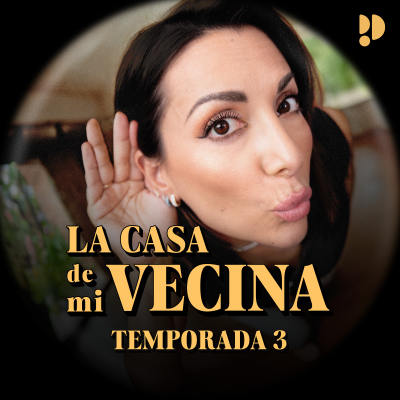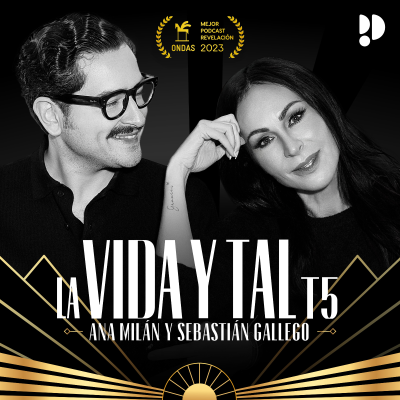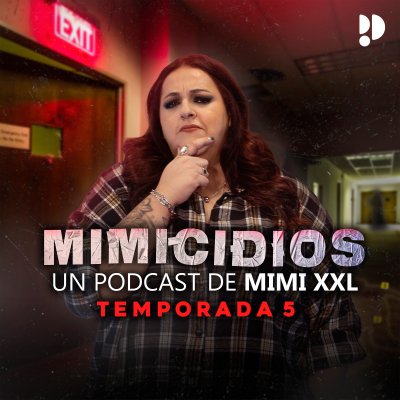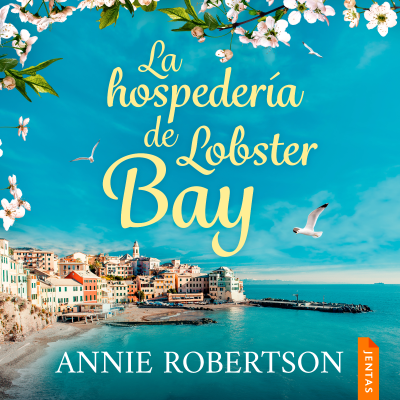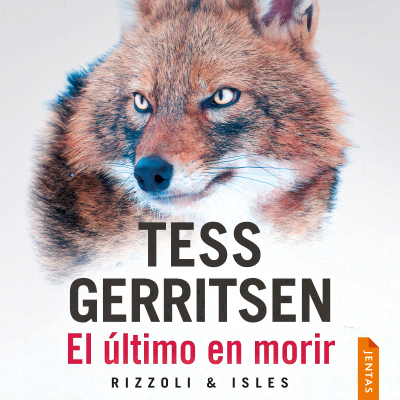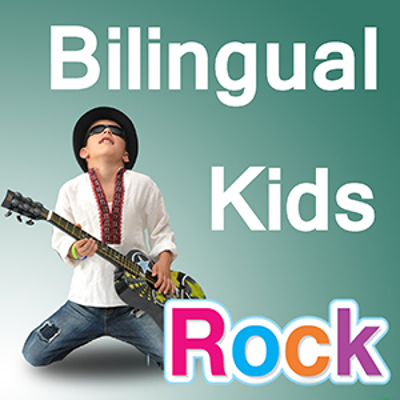
Bilingual Kids Rock Podcast: Raising Multilingual Children, Multicultural Living, Growing Up With Multiple Languages.
Podcast de Olena Centeno: Mother of 3 Bilingual Children, Ukrainian Living in USA, Multicultural Blogger
Disfruta 30 días gratis
4,99 € / mes después de la prueba.Cancela cuando quieras.
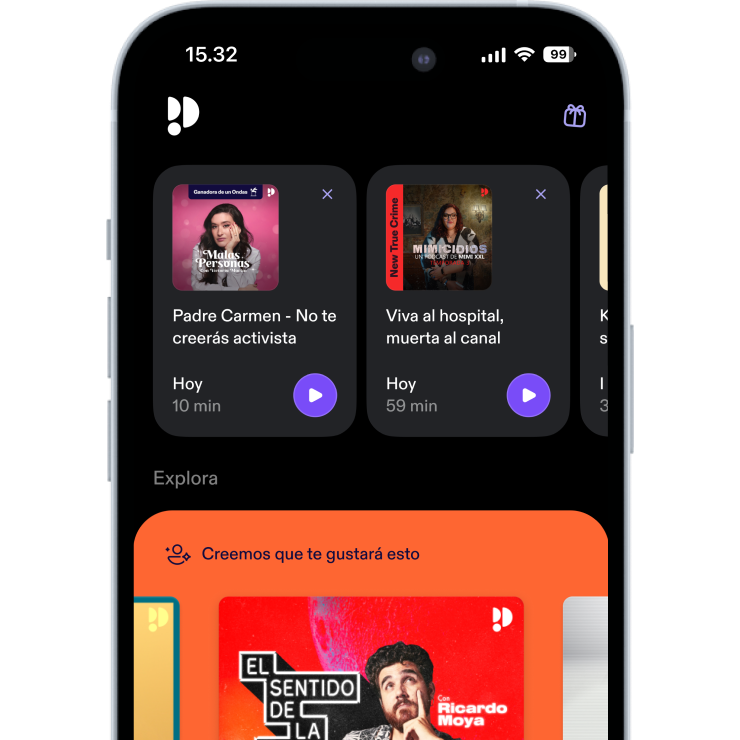
Más de 1 millón de oyentes
Podimo te va a encantar, y no sólo a ti
Valorado con 4,7 en la App Store
Acerca de Bilingual Kids Rock Podcast: Raising Multilingual Children, Multicultural Living, Growing Up With Multiple Languages.
Bilingual Kids Rock Podcast is your place to connect with multilingual families, language experts, and passionate authors from around the world. We share actionable tips and motivational stories. Learn from our experiences so your journey raising multilingual children is enjoyable, manageable, and successful.
Todos los episodios
32 episodiosMary-Pat O'Malley On Language Development [https://bilingualkidsrock.com/wp-content/uploads/2016/04/Ep34.jpg] Mary-Pat O’Malley is a Language and Speech Pathologist. She holds a PH degree in Linguistics in Trinity College, Ireland. She is an lecturer, author, researcher and lover of all things to do with speech, language and communications. She has over 20 years of working with families and 14 years experience teaching in the university. Mary-Pat is the founder of Talk NUA [http://talknua.com/tag/conversation-killers/]. Talk Nua is for making communicating with your child easier & more meaningful. Her goal is to help parents feel skillful when speaking with their children. She lives in the gorgeous city of Galway, West of Ireland with her husband and daughter. IN THIS EPISODE OF BILINGUAL KIDS ROCK PODCAST: Introduction to Mary-Pat O’Malley Do you think bilingualism causes a delay in children? What is a normal development of bilingual children? Are there any signs to be aware of when it comes to your child’s speech development? What are the red flags that you should look for? Is it normal for children to mix languages? How to deal with stuttering in multilingual children? Starting stress-free classes in relation to stuttering What does the word NUA mean? How to have meaningful conversations with your children? How to avoid conversation killers with their children? Preparing yourself for your child starting school Fun and creative activities with your child for speech development Discussion of 20 ways to love language ebook – Email Mary-Pat to get your copy! Learning & Educational Toys ITEMS MENTIONED: Code-Switching vs. Borrowing in Bilingual Children [https://bilingualkidsrock.com/code-switching-vs-borrowing-in-bilingual-children/] Is Your Child A Late Bilingual Talker? [https://bilingualkidsrock.com/025-late-bilingual-talker/] Dr. Mary Pat-O’Malley’s Background [http://www.nuigalway.ie/faculties_departments/speech_language_therapy/staff/marypat_omalley.html] Talk NUA [http://talknua.com/tag/conversation-killers/] Killer Questions [http://talknua.com/killer-questions/] Email Mary-Pat O’Malley [http://marypat@talknua.com]
episode 33 banner [https://bilingualkidsrock.com/wp-content/uploads/2016/03/episode-33-banner.jpg] Recently I got myself a copy of Adam’s Beck new book “Maximize Your Child’s Bilingual Ability” [http://bilingualmonkeys.com/maximize-your-childs-bilingual-ability-book/]. Adam is originally from the USA and now lives with his family in Japan. He runs exceptionally helpful blog Bilingual Monkeys [http://bilingualmonkeys.com/]. The day I started to read his book my To Do list was not accomplished at all. I could not put it down. It is so captivating, well organized and rich in stories! Adam’s writing brings out all range of emotions to bilingual parent’s heart. The book is divided into two parts: Perspectives and Principles.Perspectives are all about mindset when raising a bilingual child. It puts all pieces of bilingual puzzle together.Principals will help you to take an action. There are plenty of practical and easy to implement ideas that will improve your child’s bilingual skills.Adam’s book is a wonderful combination of useful, inspirational and joyful advice.To listen me reading first two Perspectives simply click no the player above.
5f065fd7-fb4a-4e33-8ccb-435845087c4a [https://bilingualkidsrock.com/wp-content/uploads/2016/03/5f065fd7-fb4a-4e33-8ccb-435845087c4a.jpg] Renata Emilson Peskova has a doctoral degree in Bayreuth University in Bavaria, Germany. She is the Chair at the Mother Tongue Association on Bilingualism. Renata lives with her German husband in Reykjavik, Iceland and has a bilingual son, Yohan. IN THIS EPISODE OF BILINGUAL KIDS ROCK PODCAST: Teaching hello in Icelandic and Czech Renata Peskova talks about what she does Why is it important to save the mother tongue? How did she acquire learning languages? Renata’s family language portrait What is true bilingualism? Why is it important to support mother tongue? The importance of being bilingual and biliteracy How to motivate your kids to learn a language? What bilingual system do they use in their household? The importance of having teaching materials/events to support the children’s mother tongue. How does her son learn languages? How can you support the local language in Iceland? ITEMS MENTIONED: Renata Emilsson Peskova [http://hi.academia.edu/RenataEmilssonPeskova] How A Parent Can Stick To Speaking Heritage Language [https://bilingualkidsrock.com/026-parent-speaking-heritage-language/] How To Find Children Books In Your Heritage Language? [https://bilingualkidsrock.com/how-to-find-children-books-in-your-heritage-language/] What Language Siblings Should Speak [https://bilingualkidsrock.com/029-language-siblings-speak/]
episode 31 banner [https://bilingualkidsrock.com/wp-content/uploads/2016/03/episode-31-banner.jpg] Today’s question is the most popular in my blogging experience. It is been asked by so many parents of different languages, family circumstances and kids’ ages. But the core of the question remains the same: Why my bilingual child does not respond back in minority language. It certainly could be frustrating: you were always speaking the target language with your child and maybe he/she even spoke it to you back as a little kid but eventually started to use more majority language with you and finally completely switched to it. No I boiled down all possible reasons into 4 major groups, and I would like to share them with you. REASON#1: NOT ENOUGH NEED TO SPEAK MINORITY LANGUAGE The NEED to speak the language is essential. I started to learn English in middle school. Not to brag, but I was an A student in most of my classes, including English. But when I met my husband, I could not speak it at all. Surprise! The real language learning began when I had to explain him what I do in my life. I simply had no other choice, but work hard to make myself clear. It is no different for children. Our little ones have to connect regularly with people who do not speak their majority language. Here are some ideas how to do it: * Travel to the countries of your minority language * Meet with people who do not speak child’s majority language * Host an Au-pair * Sign up for full immersion languages classes * Organize Skype lessons in target language (it does not have to be focused on language itself – your child can has singing, drawing, guitar, craft and other lessons with native speaker) * Try summer language camps * Hire a nanny * Create family rules, for example: only minority language in the house; regular reading in the second language; all media only in your mother tongue; pretend that you don’t understand (works good with small children) etc. The last point could be considered “made-up” need – not real – because parents who need family rules usually speak community language very well. Some parents don’t feel comfortable pretending that they don’t understand the child; or imposing strict language policies. The tactics mentined above definitely need “to agree” with you as a parent. Nevertheless, family rules can become life-savers that keep the language alive until real need will appear. REASON # 2: LOW VOCABULARY When you enroll your daughter in piano class or sign up your son for a basketball team, it is very unlikely that they will be learning those skills by passively watching their teachers perform. No. Your daughter will have to practice her scales everyday to master piano. Your son will have to shoot hundreds hoops to become a good player. It is no different with second language. In order to actively use the language, your child will need to practice speaking it. As opposed to monolingual peers, bilingual children have a choice in which language to speak. It is especially true for families, where parents speak majority language. As a result, they absorb the language and understand it very well, but they don’t want to practice speaking it. Note, that understanding the language is a very valuable skill. But if your goal for your child is active language use, you will need to work on building vocabulary with her. Here are some practical suggestions on how you can be improving children’s fluency on a daily basis: * Interactive reading: ask a lot of questions; stop and discuss whats happening in the book; dramatize the story; ask your child what is going to happen next etc. * Ask your child to repeat after you. I literally ask my kids to repeat the words after me in Russian or Ukrainian. After several times they are able to use them on their own. * Practice hand writing * Learn poems and rhymes * Sing songs with them * Teach them jokes in minority language * Take turns telling stories before bedtime * Do what ever possible to make them SAY it. In a very loving way, of course. REASON #3: POOR CONSISTENCY AND LANGUAGE DISCIPLINE > We are what we repeatedly do. Excellence, then, is not an act but a habit. Aristotle. When we were picked up from the airport in Ukraine by my relatives, they were so surprised that our two older children buckled up in the car without any reminder from my side. I actually was surprised that they were surprised! But then I saw the reason why it was eyeopening for them. A lot of Ukrainian kids don’t use seat belts consistently. They are given a choice to roam free in the car if parents don’t drive too far, or take back roads, or if they don’t drive fast. Hence when children are asked to fasten their seat belts, they often complain about it and even refuse to follow request. It is crucial to be consistence with your language strategy. This takes out all the question, like “why do I need to speak it?”. They say habit is the second nature. Strive to create a habit of speaking minority language. Whatever you do, do it consistently. REASON #4: PEER PRESSURE, LACK OF PRIDE One time when we were skating on the outdoor rink with my daughters, we witnessed a sad instance of bullying because of the language. Two Spanish speaking boys were chatting with each other, but a group of teenage girls busted into laughter hearing their conversation. They kept butchering the words and making fun of boys. Unfortunately, only one episode of disapproval by peers can cause your child to be resistant to speaking his minority language. Also, if your country or culture is being criticized by media due to war, terrorism, riots, poverty or other, your child can start feeling ashamed by her heritage. Not a good thing. That is why raising a child open minded global citizen is as important as preserving the language. Here are few great resources to help you with this important task: * Multicultural Kid Blogs [http://multiculturalkidblogs.com/] * Kid World Citizen [http://kidworldcitizen.org/] * Growing Up Global Raising Children to Be At Home in the World by Homa Sabet Tavangar [http://www.amazon.com/gp/product/B00DWWC05G/ref=as_li_tl?ie=UTF8&camp=1789&creative=9325&creativeASIN=B00DWWC05G&linkCode=as2&tag=bilkidroc02-20&linkId=UYIT7UGPTA2B6VJZ] CONCLUSION Please don’t get discouraged if your child does not to want to speak minority language despite understanding it. It is very valuable skill. Who knows, maybe in 10-15 years your child will have a perfect real need to start speaking the language she has been hearing all her life.
episode-30-banner [https://bilingualkidsrock.com/wp-content/uploads/2015/12/episode-30-banner.jpg] Mandie Davis is the founder of Les Puces Ltd. early years classes [http://www.lespuces.co.uk/]. Les Puces is a pre-school group teaching French in a natural and accessible way. She has two daughters, Willow who is bilingual and India who is trilingual. They both learned French and German by living in those countries and being immersed in the language and culture. Neither of them had any formal lessons on language learning. IN THIS EPISODE OF BILINGUAL KIDS ROCK PODCAST: Why is it important to teach your child a language at such a young age? Mandie Davis’ family language portrait Why did she decide to create bilingual books? The natural way of learning languages at Les Puces Ltd. The importance of child’s interest in learning a language Why did she create her own format for her bilingual books? How did acquiring languages happen for her daughters? How did she support her daughters’ languages when she went back to the UK? What are the obstacles did she have to deal it with raising bilingual and trilingual daughters? How can you inspire a lasting love of reading in your child? Did she enroll her daughters in formal classes when they went back to UK? What would be her advice for parents looking to raise bilingual kids? ITEMS MENTIONED: Les Puces Shop [http://www.lespuces.co.uk/#!the-shop/c1gtb] How To Raise A Bilingual Child? [https://bilingualkidsrock.com/how-to-raise-a-bilingual/] Setting the Goals for Your Child’s Bilingualism [https://bilingualkidsrock.com/setting-the-goals-for-your-childs-bilingualism/] How to Foster Children’s Pride in Their Minority Culture and Language [https://bilingualkidsrock.com/how-to-foster-childrens-pride-in-their-minority-culture-and-language/]

Valorado con 4,7 en la App Store
Disfruta 30 días gratis
4,99 € / mes después de la prueba.Cancela cuando quieras.
Podcasts exclusivos
Sin anuncios
Podcast gratuitos
Audiolibros
20 horas / mes

